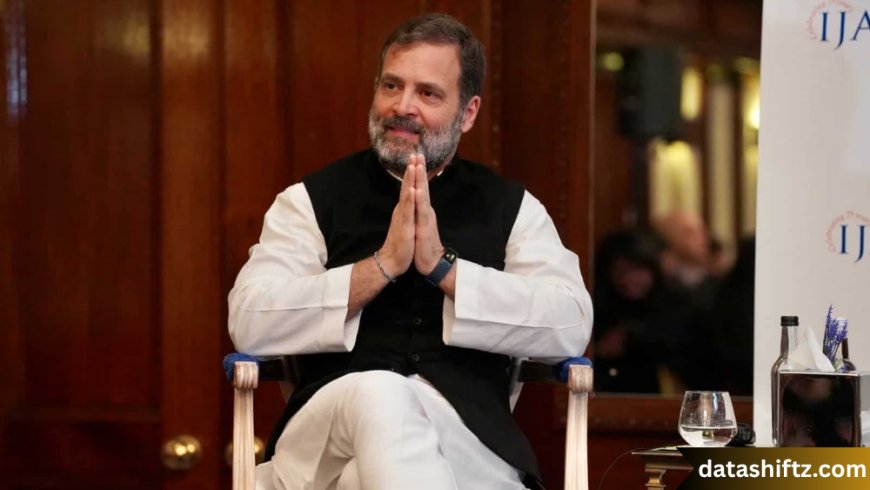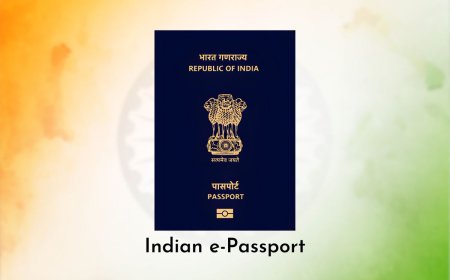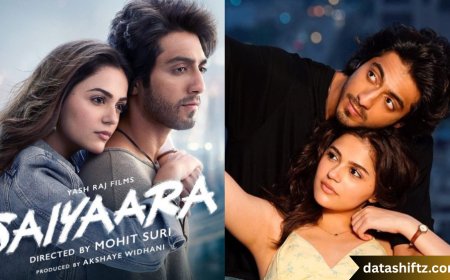Rahul Gandhi News: Key Developments and Political Positioning

Introduction
Rahul Gandhi, Leader of the Opposition in the Lok Sabha and a marquee figure of the Indian National Congress, remains at the heart of India’s evolving political narrative. As of August 2025, he’s front and center in multiple high-stakes developments: vociferous accusations against electoral authorities, mass protests, intra-party debates, and a growing media spotlight. This article navigates through the latest updates—providing context, analysis, and implications for Indian democracy.
The Latest Headlines
Detained During Protest March (8–11 August 2025)
On August 11, 2025, Rahul Gandhi was arrested by Delhi Police while leading a protest march to the Election Commission (EC), alongside other INDIA bloc leaders including Priyanka Gandhi Vadra and Sanjay Raut, to oppose what they describe as electoral malpractices and a controversial voter-roll revision
He demanded a "clean and pure" voter list, asserting that millions risk being disenfranchised—especially marginalized communities, due to onerous documentation requirements
Accusations of “Vote Chori” and Pushback
Rahul Gandhi has alleged large-scale voter fraud in the Mahadevapura assembly segment of Bangalore Central, claiming over one lakh votes stolen through fake entries and duplicate registrations
These allegations have triggered friction within the Congress, with Karnataka minister KN Rajanna publicly distancing himself, creating apparent dissent within the state unit
Institutional Response and Political Backlash
The Election Commission has responded by demanding that Gandhi either substantiate his claims with documents or issue an apology—labeling the allegations "distorted and baseless"
Simultaneously, Congress leader Ashok Gehlot called the demand for a sworn affidavit "utterly absurd," pointing to historical precedent where other leaders made serious allegations without being asked for affidavits
Political Narrative and Reaction
The Economic Times likened the impact of Gandhi’s allegations to “thermonuclear weapons,” calling on the EC to resolve the issue swiftly for the sake of democratic integrity
The BJP, in response, accused Rahul Gandhi and other opposition figures of acting as tools of “foreign powers,” framing the narrative as one that threatens national unity
Political Actions and Strategic Posture
| Action/Statement | Details |
|---|---|
| Protest March to EC | Led a march on August 11; detained by Delhi Police. |
| Demand for Clean Voter List | Protesting alleged manipulations and demanding transparency on voter rolls. |
| Vote-Fraud Allegations ("Vote Chori") | Claimed massive fraud in Karnataka’s Mahadevapura; triggered intra-party debate. |
| Institutional Pushback | EC demanded proof or apology; Haryana and Karnataka officials issued notices. |
| Party Support & Criticism | Gehlot defended him; some Karnataka leaders criticized. |
| Media & Political Discourse | Described as a “thermonuclear” claim; BJP accused opposition of being foreign pawns. |
Key Takeaways: At a Glance
-
High-Profile Arrest – Detained during protest march to EC on August 11.
-
Major Allegations – Claimed over 100,000 votes were stolen in Karnataka via systemic fraud.
-
Institutional Clash – EC demands documents or apology; framed as “lame duck excuses” by officials
-
Intra-Party Disagreement – Some Congress leaders criticized Gandhi’s narrative, indicating cracks.
-
Standing Firm – Gehlot and senior leaders defended his stance; issue remains central to democratic discourse.
-
Polarizing Politics – Media and political elites frame it as both existential democratic challenge and strategic theatrics.
-
National Reverberation – BJP's counter-narrative ties it to alleged foreign influence.
In Summary
Rahul Gandhi is currently spearheading a bold campaign against India’s electoral status quo. From demanding clean voter lists to spearheading protest marches and making explosive fraud claims, he’s reaffirmed his role as a vocal Opposition leader challenging both institutional integrity and political norms.
This series of confrontations—whether rooted in genuine public concern or political strategy—has quickly become a defining moment in contemporary Indian politics. As claims invite legal scrutiny and political pushback, the ramifications are far-reaching: for the Congress, for the EC, and above all, for the health of Indian democracy.





























